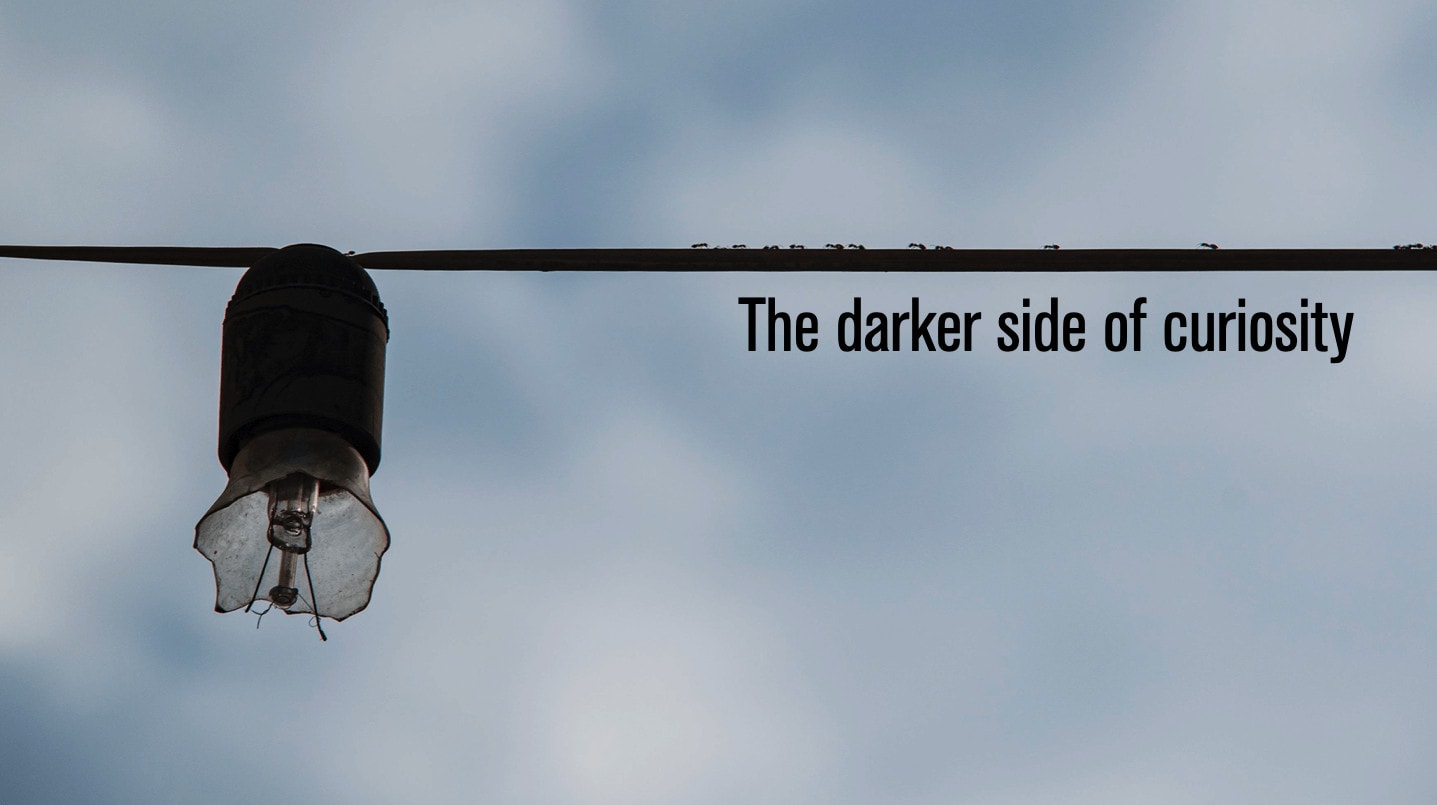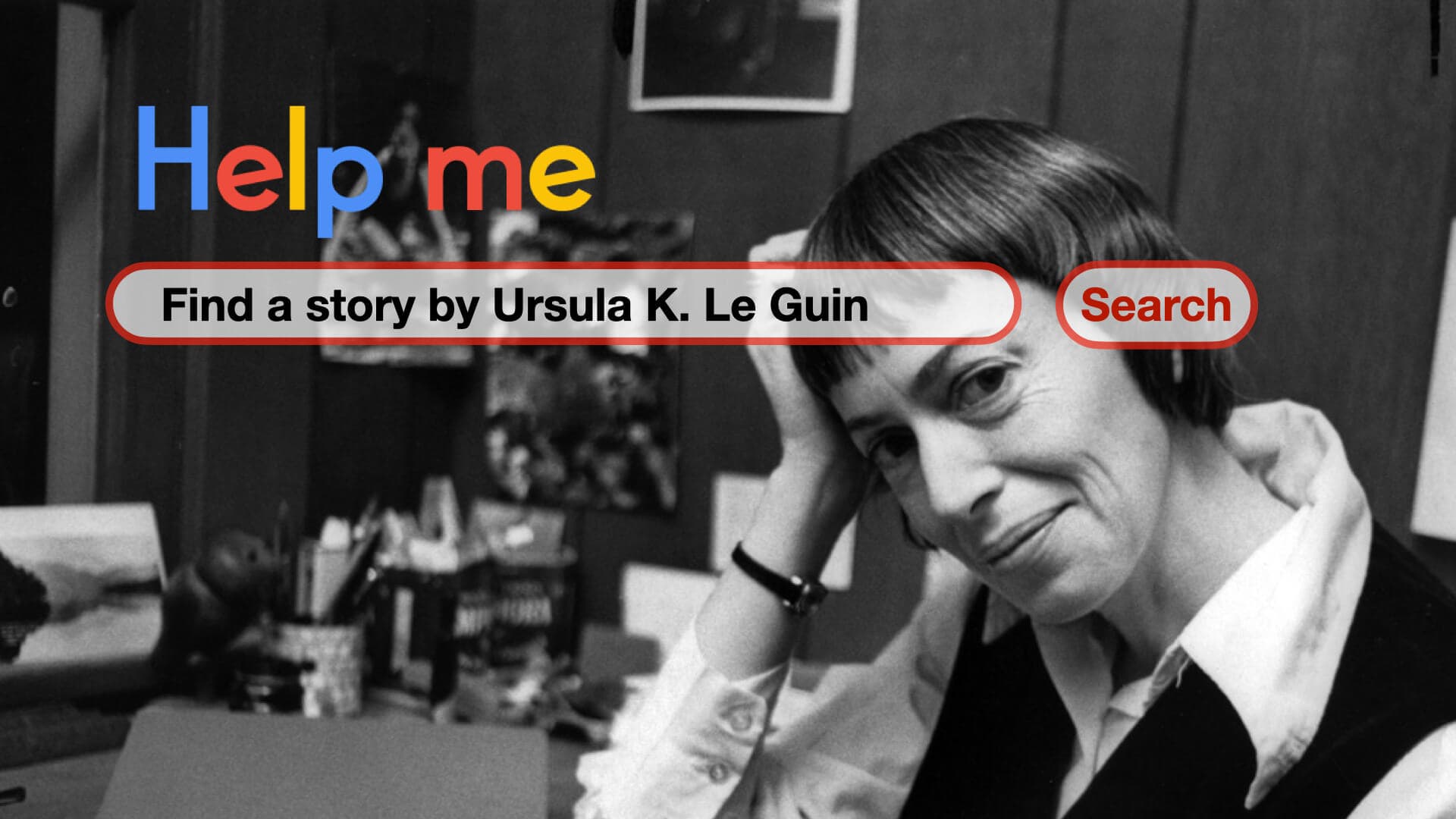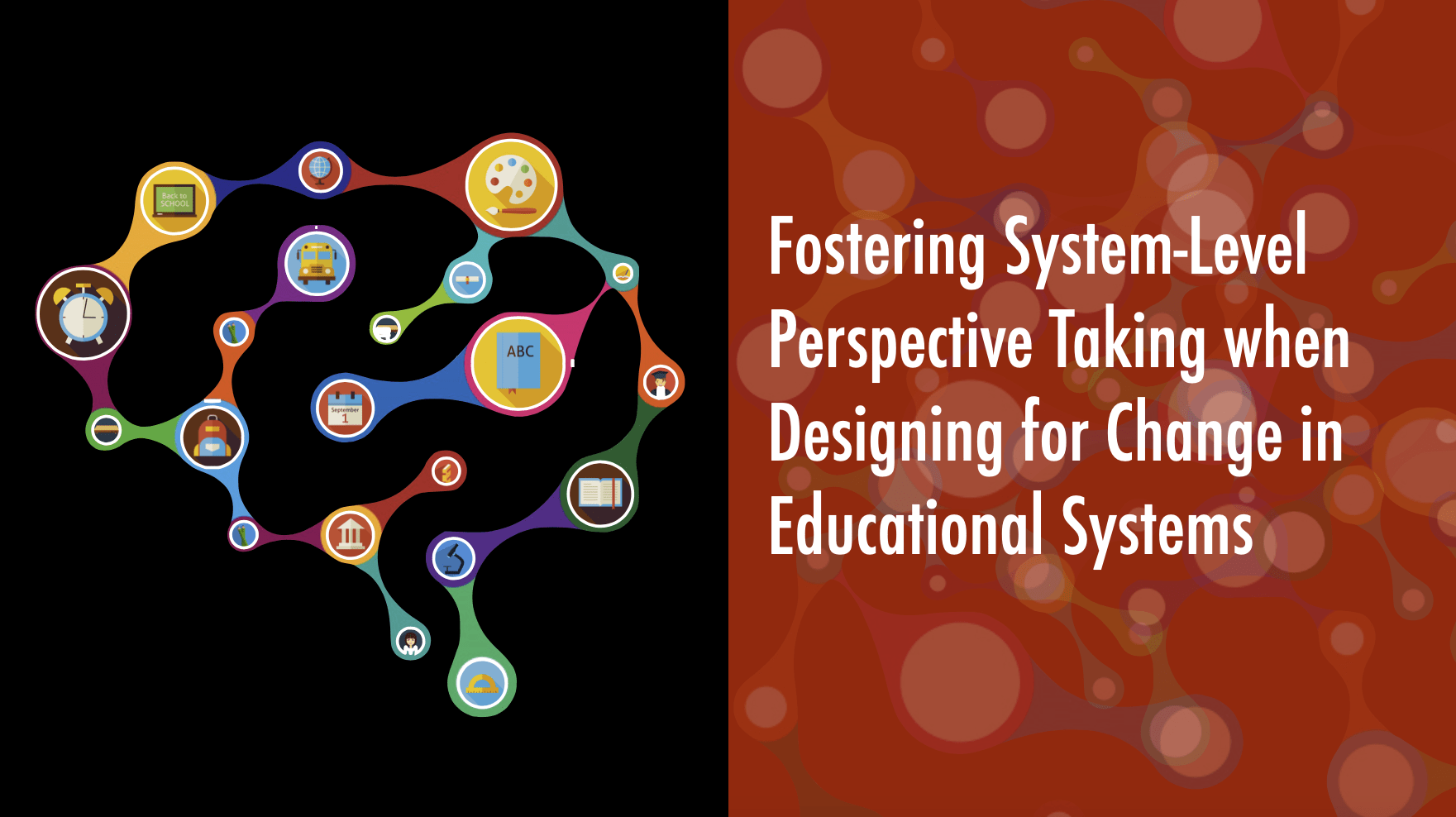One of the many things I have to do as a faculty member is review grant proposals. This is an important service to the field, but truth be told, given how busy I am I do see it as somewhat of a chore. I was recently reviewing some educational research proposals for a grant giving agency – and I was struck by something that led to this post. (I guess, it is less of a chore if it leads to a blog-post!).
I must say, without giving too much away, that these proposals were broadly related to education and not restricted to just the field of educational technology. That said there were two that were directly technology related, one having to do with virtual partners and the other with webbased learning. It is not surprising that these two would focus on technology directly.
What was surprising however was just how infused with technology all the other projects were. In each of these “non-tech” proposals various forms of technology were used for every aspect of the research from the kinds of information being collected, to how the information was collected; from how the informaiton was analyzed to how it would be reported and disseminated. For instance, there were studies on probing athletes cognition using fFMRI technologies, and another on collabrating across continents using webcams. There was one study that handed student-teachers Flip cameras to help them create digital stories, and subscriptions to surveymonkey or specialized statistical analysis packages!
What this shows clearly is just how fundamentally how we conduct research (in the field of education) has changed with these new digital technologies. And it has changed not in some flashy “pay attention to me, I’m so cool!” kind of a way but in a more insidious and sneaky manner (but no less revolutionary for that). These technologies have become transparent to the researchers – and are just seen as being part of what they do. Now I am sure this is not something unique to education. This is happening in each and every discipline from astronomy to zoology. What this means is that our disciplinary relationship to the world is now mediated through these new tools and devices.
What this means is that for a researcher today there is really no separation between knowledge of their discipline and knowledge of the tools required to actually conduct research in that discipline. Knowledge of technology and knowledge of the tools are now intimately connected.
Two key issues came mind as I thought about this.
First, this is what Matt Koehler and I have described as being Technological Content Knowledge in the TPACK framework — this melding together of technology and content till one cannot think of doing research in black-hole dynamics without knowing the ins and outs of some specialized software program, or studying how beginning teachers make sense of their first forays into classrooms without knowing how to edit digital video in Movie Maker or iMovie. This is not something new that we are saying here. Human knowledge has always developed through the advent of new technologies, be it the microscope or the telescope, the x-ray or the computer. What has changed in the recent past has been the rapid advent of new digital tools – with their protean, portable and permeable nature. (We have written more about digital technologies and their characteristics in our handbook chapter)
Second, I wonder how many teachers understand this intimate relationship between tools and disciplines. This to me is an extremely powerful argument for the inclusion of technology in teaching. If it is disciplinary knowledge we have to convey, and if the very nature of disciplinary knowledge has changed due to technology, it seems surprising to me that there is even any discussion about using technology in teaching.
Now, of course there are other technological innovations that do not emerge from within the disciplines – and ones that can have significant impact on how we teach (the rise of the Web and online learning are good examples) but that does not mean that we can ignore the important role that technologies have played in developing disciplinary knowledge and attempt to bring these into the classroom.
We are doing an injustice to our students and the disciplines of learning we seek to convey if we do not use technology in our teaching of this disciplinary knowledge.




Awesome Blog, Dude! I am essentially an edutainment nut and am always on the watch for new and interesting sites and posts about new educational and entertaining stuff… which is what led me here. Any who how I just wanted to check in as I certainly plan on visiting again! Adios!
I see the leap frogging as a distinct possibility in our cities. For instance, Minneapolis now has a free Civic Garden wifi. All of the Minneapolis Public Schools websites are available on that Civic Garden. .http://www.wirelessminneapolis.org/learning
The Civic Garden includes our MPS Moodle sites, which means that my 4th graders can access their classwork from home for free if they have a device to connect to the wifi. A $50 used desktop computer or a $150 used laptop would be fine for most of the stuff kids need to do today. As netbooks approach the $50 price, eventually without a contract for the older models, the availability of devices should increase.
That old stopper, “everyone doesn’t have access,” is just a few netbooks away from extinction here in River City. Public school teachers and administrators have been using that as an excuse not to adopt the literacy tools of the 21st Century.
What we’re calling ‘technology’ is merely the newest form of literacy. If you haven’t yet seen Joe’s Non-netbook, you must http://video.google.com/videoplay?docid=-4232212558646621307.
My students don’t distinguish between non-technology and technology learning-one is so much slower than the other.
Thanks Matt. I think the point I am trying to make is that content and technology are strongly intertwined. Now, I feel in this emphasis on 21st century skills we have neglected disciplinary knowledge. Sure creativity is a great thing – but creativity cannot exist in a vacuum. It has to be grounded in a discipline – which may be the visual arts, or physics, sociology or dance. Now people can argue for looking at things in an inter-disciplinary manner – which I endorse, but the problem there is that we now have more than one discipline that we need to deal with! I hope to write a post about this sometime soon…
As always, great thoughts, Punya. I think that classroom teachers are starting to “get” the idea of technology and content integration.
For example:
WWW + research paper > Encyclopedia/books + research paper
I know this wasn’t the focus of your post per se, but I see a pretty strong case for educators not seeing the link between technology and pedagogy. I know it’s a slightly off topic, but thought it was still worth throwing out there in lieu of your thoughtful insight. Your TPACK framework continues to anchor my philosophy of education. Eternal thanks.
Cool thoughts Suzanne. The organizational issue is one that typically I have not paid much attention to… but what you say is just right, the potential to leap-frog is there.
Sorry…forgot
Second, the understanding has got to trickle up and down the organization. It does no good to train teachers well and put them in resource-deficient contexts with uninformed leadership. I think there are potentials to leap frog, if leadership folks are looking ahead. Much in the way that many Asian and African countries have leap-frogged over building out land-line ICT infrastructures, and build out instead mobile/satellite infrastructures, so too could schools and districts capitalize on emerging technologies.
“Second, I wonder how many teachers understand this intimate relationship between tools and disciplines.
This to me is an extremely powerful argument for the inclusion of technology in teaching. If it is disciplinary knowledge we have to convey, and if the very nature of disciplinary knowledge has changed due to technology, it seems surprising to me that there is even any discussion about using technology in teaching.”
Punya, I wonder this too and yet as you’ve pointed out, the fact that we have to talk About technology for teaching means a couple of things. First, it means we’re moving towards that understanding but we’re not there yet. I’m ever reminding myself lately of the widening gap between those of use who think through and with our technological tools and those for whom technologies are afterthoughts.